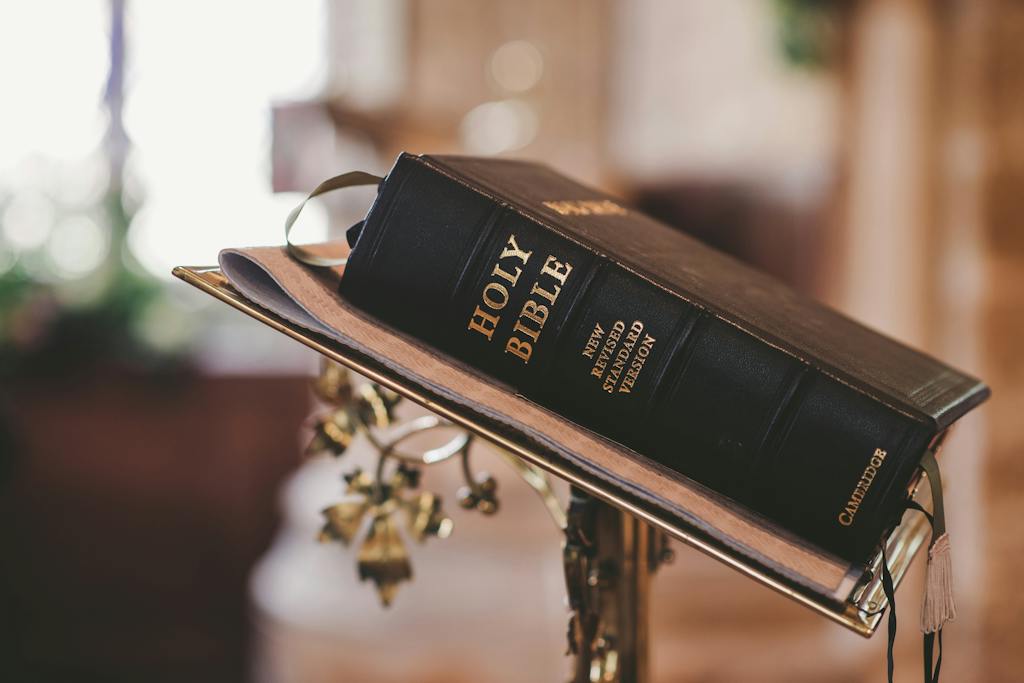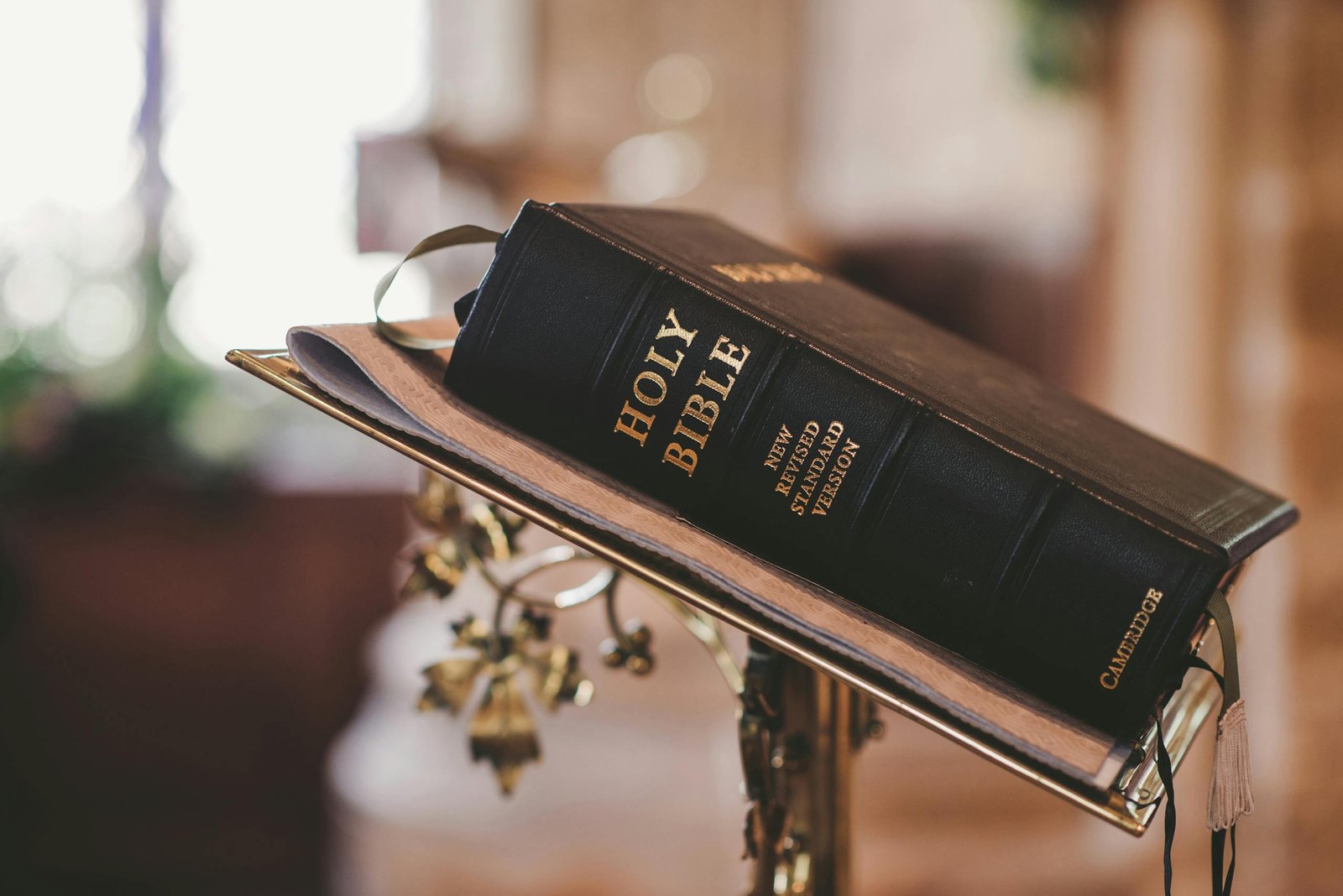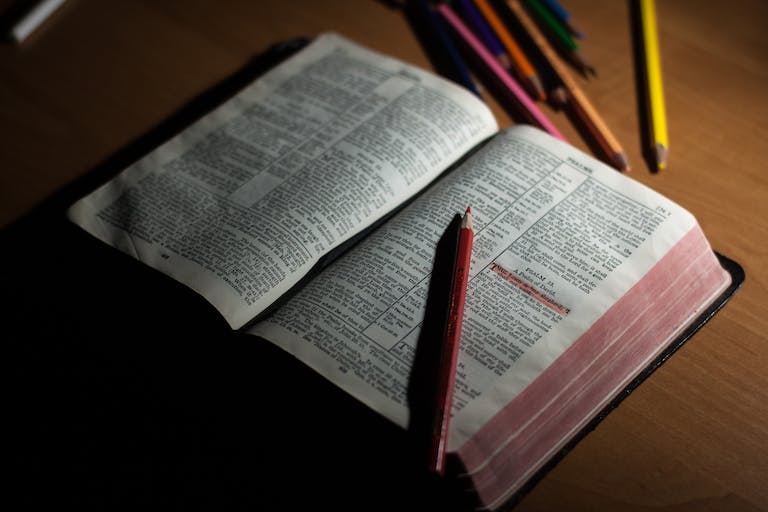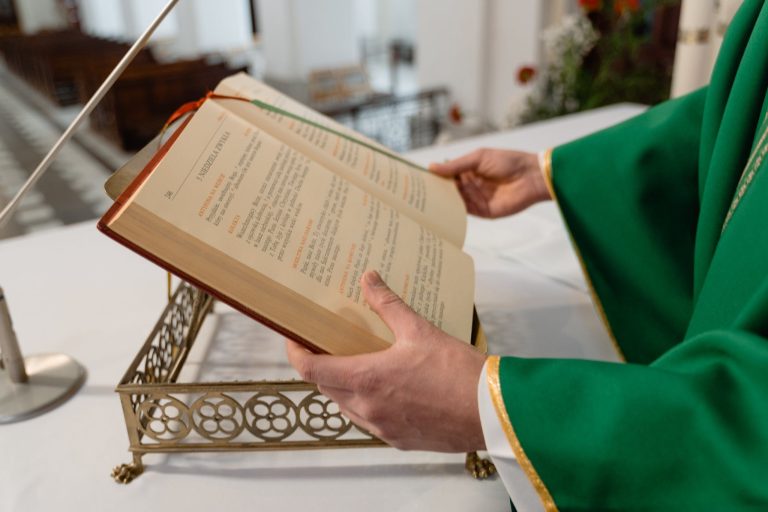What bible do Catholics use?
The Catholic Church recognizes the authority of the Bible as the revealed word of God. Catholics predominantly use the Catholic editions of the Bible, which include seven more Old Testament books than most Protestant Bibles. The additional books are Tobit, Judith, Wisdom of Solomon, Sirach (Ecclesiasticus), Baruch (including the Letter of Jeremiah), 1 and 2 Maccabees, and extra chapters or additions to Esther and Daniel. This collection of books is called the Deuterocanonical Books, or simply the Apocrypha.
Catholics believe these extra seven books and additional passages are divinely inspired and belong in the Old Testament canon. On the other hand, Protestants call them apocryphal (non-canonical). This difference emerged during the Protestant Reformation in the 16th century. While Martin Luther, the seminal leader of the Reformation, wanted to remove the Deuterocanonical books, the Catholic Church in the Council of Trent in 1546 affirmed their canonicity and divine inspiration.
So in essence, Catholics and Protestants share 27 books in the New Testament canon but differ in the content of the Old Testament. Modern Catholic Bibles contain all 72 books (including apocryphal books), while Protestant Bibles have only 66 books.

Popular Catholic Bible Translations
While the traditional Catholic Bible includes 7 more Old Testament books, when it comes to Bible translations, Catholics today predominantly read the same modern English Bible versions used by Protestants. These versions use translation philosophies aimed at improving readability and clarity. The most popular English translations used by Catholics are:
- New American Bible Revised Edition (NABRE): This is the current Catholic Church-authorized Bible translation in America. The original NAB was published in 1970 and revised in 1986 and 1991. The latest update in 2011 incorporated contemporary English vocabulary and gender-inclusive language.
- The New Revised Standard Version (NRSV) is a scholarly and ecumenical translation. The NRSV uses inclusive language and is widely used in Catholic lectionaries and liturgies.
- New International Version (NIV): A commonly used evangelical translation praised for its balance of literal accuracy and readability. It is written at a middle school reading level. The Catholic version avoids Protestant bias.
- Jerusalem Bible: Originally published with a French translation in the mid-1900s, the Jerusalem Bible with its poetic English style is still popular among some Catholics today seeking a more traditional tone.
In addition to these contemporary language translations, some traditional Catholics also read older translations like the Douay-Rheims Bible or Confraternity versions because of their familiar language. However, most Catholics today find modern translations easier to understand for personal study.
The Latin Vulgate Bible holds a special authoritative position in Catholicism as the Church’s official version for over 1,500 years. But this doesn’t mean Catholics routinely read the Vulgate, as most lay Catholics would find Medieval Latin challenging!
Do Catholics only use approved Catholic editions?
While Catholic Bible versions include the Apocryphal/Deuterocanonical books, when it comes to translation, readability and loving sacred scripture matters more than sticking to just Catholic editions. The Church grants an imprimatur (official approval) to some contemporary Protestant translations. For instance, the Vatican approved the Ecumenical Edition of the popular Protestant NIV translation for Catholic use.
So, in short, no, most Catholics today do not solely read Catholic-specific Bibles edited only by Catholic publishers. Some scholars argue that limiting Bible selection primarily for denominational reasons could constrain easier access to God’s word. The Catholic approach recognizes the Bible as belonging to all Christians. Hence, lay Catholics are free to personally read any translation they find edifying alongside formal Catholic versions.
Difference in Psalms Numbering
One key distinction persisting between Catholic and Protestant Bibles is the enumeration of the Book of Psalms. Catholic versions number as Psalms 1-150, while Protestant translations count only Psalms 1-149. They split up Psalm 9 and 115 into two parts making the total appear fewer. But the content is identical, just numbered differently. Psalms 146-150 in Protestant versions match Psalms 147-151 in Catholic versions. So Catholics simply consider Psalm 116 and Psalm 147 as extra.
Apocryphal Books: Rejecters and Defenders
Despite the Deuterocanon’s established place in Catholic Bibles for ages, some Catholics raise concerns if these additional 7 books have the same divine inspiration and inerrancy as the other 65 books. Opponents think the apocryphal books teach errors in places like praying for the dead in 2 Maccabees 12. Defenders counter that the Church doesn’t consider these books equal in inspiration to the rest of scripture but still worthy enough for liturgical reading.
In terms of canonicity – the formal collection of books the Church recognizes as divinely inspired – the Catholic approach allows for “levels of authority” even while fully in the canon. For example, New Testament books like Luke’s Gospel have higher canonicity than a short letter like 2 John based on frequent liturgical use over time. Similarly, Esther’s apocryphal additions stand on slightly less authoritative ground.
Conclusion
In the end, while additional books cause some confusion between Protestants and Catholics, no major essential Catholic doctrines hinge solely on the Apocrypha. Core beliefs like Jesus’ divinity, the Trinity, grace and salvation, and moral living come clearly from the shared Old and New Testament books.
The New Testament, as the fulfillment of the Old Testament in Christ, retains supreme authority in Catholic life and theology. And Catholics, joining their Protestant and Orthodox brothers and sisters, find much common enrichment in reading whichever reliable Bible translations convey God’s word and story for them—the whole Canon or not! The Church grants freedom here in service of faith.
For while traditions differ on determining the Canon for belief and practice as God’s people, the Biblical text itself reminds us: “All scripture is inspired by God and is useful for teaching, for reproof, for correction, and for training in righteousness” (2 Timothy 3:16 NRSV).







